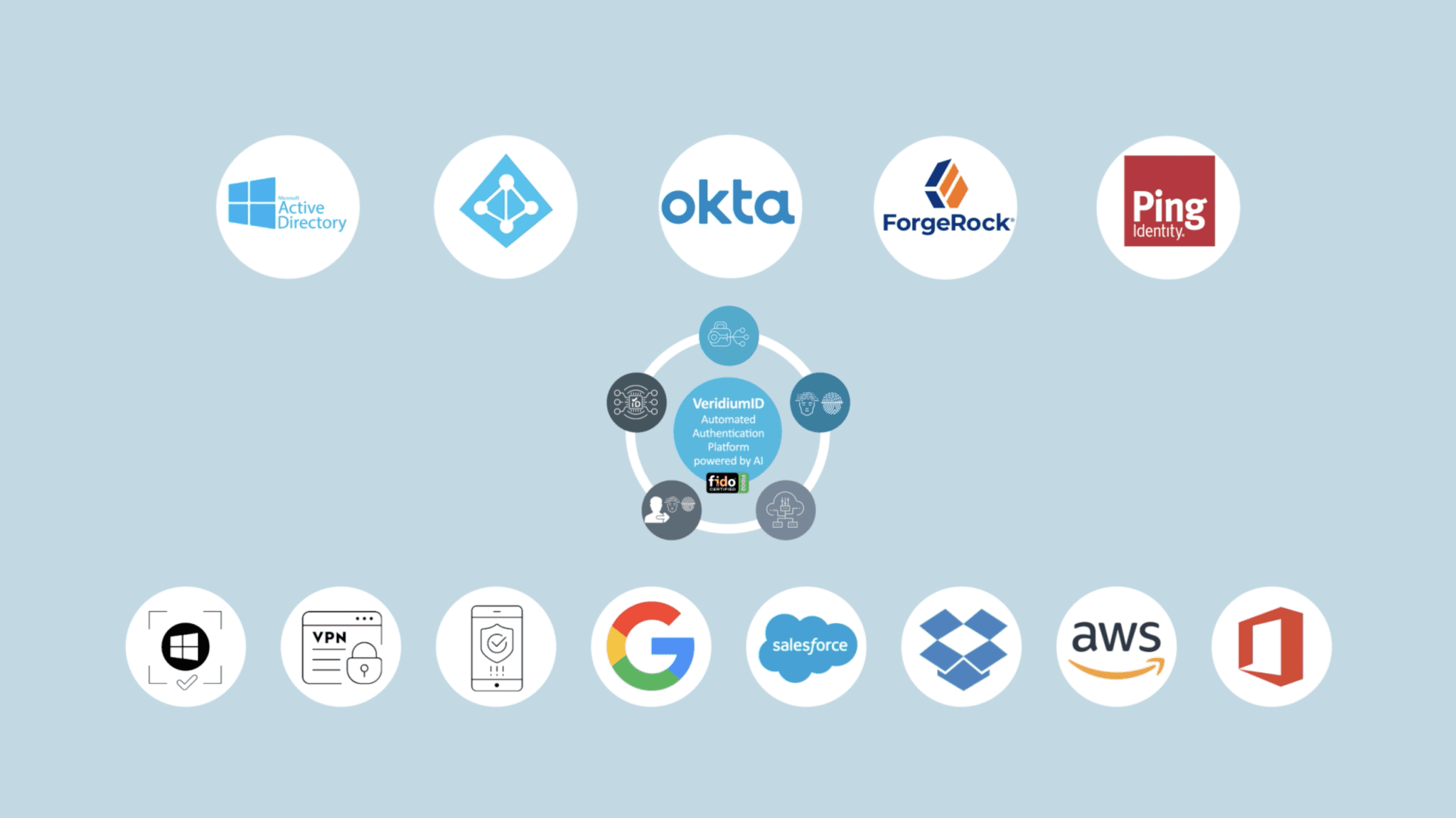
Image: Veridium
A recent security advisory from Veridium has exposed a series of significant vulnerabilities in their popular VeridiumID authentication platform. These vulnerabilities, if left unpatched, could allow attackers to steal sensitive user data, hijack user accounts, or even execute malicious code within an organization’s network.

Breaking Down the Vulnerabilities
The advisory details four separate flaws impacting VeridiumID versions 3.2.4 and 3.4.x:
- CVE-2023-44038: LDAP Injection Risk – An unauthenticated attacker could gather information about registered users by exploiting a vulnerability in the identity provider page.
- CVE-2023-44039: Account Takeover Threat – Successful exploitation would allow internal users to maliciously register authenticators, potentially leading to unauthorized access to victim accounts.
- CVE-2023-44040: Dangerous Cross-Site Scripting (XSS) – Potential for unauthorized attackers to execute malicious code under the credentials of a legitimate user accessing the identity provider page.
- CVE-2023-45552: Admin Portal In Jeopardy – Stored XSS vulnerability in the admin portal and self-service portal could allow authenticated attackers to compromise all user accounts.
Implications and Urgency
These flaws are alarming for any organization relying on VeridiumID for secure logins. Attackers could exploit these vulnerabilities to gain unauthorized access to sensitive systems, customer information, or financial data. The potential widespread impact makes patching a matter of utmost urgency.
Call to Action
Veridium recommends immediate upgrading to VeridiumID version 3.5.0 or above to address these critical security issues. Detailed upgrade instructions are available on the official Veridium documentation portal.
Staying Ahead of Threats
As biometric authentication continues to grow in popularity, the discovery of vulnerabilities within such systems underscores the need for ongoing vigilance, robust security practices, and prompt response to security advisories. Organizations leveraging VeridiumID are advised to take immediate action to upgrade their systems to safeguard against these vulnerabilities.